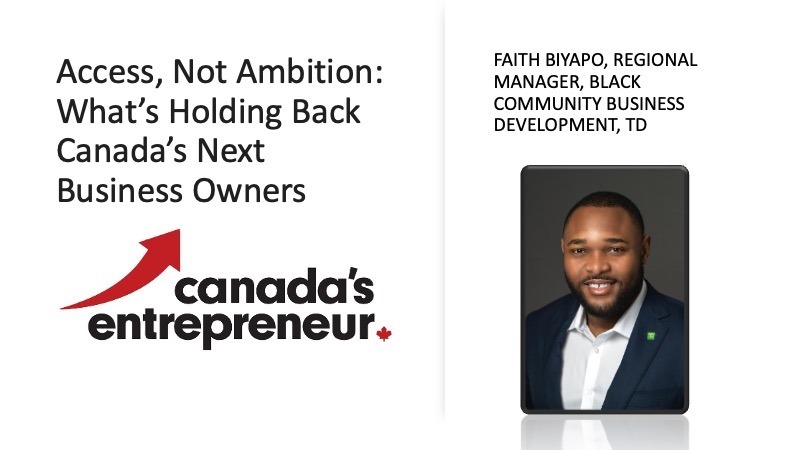The financial health of working Canadians may be improving, according to new findings from the 2025 Annual Survey of Working Canadians, released by the National Payroll Institute.
The survey, completed by Canada’s Financial Wellness Lab based at Western University, found a decrease in the proportion of financially stressed workers—from 41 per cent in 2024 to 36 per cent in 2025. The number of financially comfortable workers rose from 28 to 30 per cent.

Peter Tzanetakis
“It may be that the increased rates of savings that we’re seeing are a byproduct of the same headlines that suggest the financial health of Canadians should be floundering,” said Peter Tzanetakis, president and CEO of the National Payroll Institute. “Filled with uncertainty rooted in the rising costs of living, and the impacts of tariffs on both job security and the economy, savings are one way that Canadians may be preparing for future challenges.”
The survey suggests a shift toward saving may be driving the improvement. In 2025, 51 per cent of respondents reported actively trying to save more, up from 42 per cent the previous year. Additionally, 29 per cent said they saved $10,000 or more in the past year, compared to 23 per cent in 2024.
Gen Z challenges financial stereotypes
Contrary to negative narratives seen on social media, Gen Z workers are demonstrating proactive financial behaviours, the survey suggests.
The proportion of Gen Z respondents identified as financially stressed was 37 per cent—similar to Millennials (38 per cent) and Gen X (37 per cent). Gen Z also held the second-highest share of workers in the financially comfortable cluster at 32 per cent, behind Boomers and ahead of older generations.
“The comparatively strong results are an outcome of stronger proactive financial behaviours,” said Adam Metzler, lead researcher at Canada’s Financial Wellness Lab and associate professor at Wilfrid Laurier University. “According to the National Payroll Institute survey, they are saving more now than last year and are focused on paying off debt — both of which have been consistently shown to be key determinants of financial health.”
Gen Z respondents reported saving an average of 11 per cent of each paycheque, the highest among all generations. Thirty per cent also reported saving more than $10,000 in the past year.
“It may be that Gen Z’s good savings habits are a product of spending a lower percentage of their income on housing,” added Metzler. “For example, 44 per cent of both Gen X and Millennial respondents spend over 40 per cent of their monthly income on housing, but only 35 per cent of Gen Z do the same.”
However, only 26 per cent of Gen Z respondents felt confident they could afford a home in their desired area within the next five years.

Financial stress costs employers billions
Despite signs of improvement, financial stress continues to impact workplace productivity significantly. The survey estimates $69.5 billion is lost annually in Canada due to reduced productivity linked to employee financial stress—up $15.6 billion from 2024 and more than double the $26.9 billion reported in 2021.
Over half of workers (51 per cent) said they spend at least 15 minutes per day thinking about their finances on the job, compared to 45 per cent last year. Six per cent reported spending more than 90 minutes daily on such concerns, and nearly one in four said financial stress affected their job performance.
“Faced with unprecedented challenges, the cost of financial stress is one that Canadian businesses simply can’t afford to continue paying,” said Tzanetakis. “Focusing on improving the financial health of workers is something every employer should consider a strategic priority.”
The report also linked financial stress to decreased workplace motivation (47 per cent), strained workplace relationships (28 per cent), and increased absenteeism (33 per cent).
Employers encouraged to take action
The National Payroll Institute is urging employers to implement strategies that support employee financial wellness, including payroll features that help workers allocate savings automatically and avoid delayed payments.
“These may seem like simple steps, but the Financial Wellness Lab’s analysis has consistently shown that moving from stressed to coping (or even comfortable) is possible – often in as little as one year,” said Tzanetakis.
The Institute also offers a Financial Fitness Evaluator for Business, a tool based on insights from the Financial Wellness Lab, to help employers assess workforce stress levels and implement targeted solutions.

Mario Toneguzzi
Mario Toneguzzi is Managing Editor of Canada’s Entrepreneur. He has more than 40 years of experience as a daily newspaper writer, columnist, and editor. He was named in 2021 and 2024 as one of the top business journalists in the world by PR News. He was also named by RETHINK to its global list of Top Retail Experts 2024 and 2025.
About Us
Canada’s Entrepreneur is the number one community media platform in Canada for entrepreneurs and business owners. Established in 2016, our podcast team has interviewed over 800 Canadian entrepreneurs from coast-to-coast. With hosts in each province, entrepreneurs have a local and national format to tell their stories, talk about their journey and provide inspiration for anyone starting their entrepreneurial journey and well- established founders.
The commitment to a grass roots approach has built a loyal audience on all our social channels and YouTube – 500,000+ lifetime YouTube views, 250,000 + audio downloads, 50,000 + average monthly social impressions, 15,000 + engaged social followers and 120,000 newsletter subscribers. Canada’s Entrepreneur is proud to provide a local, national and international presence for Canadian entrepreneurs to build their brand and tell their story





